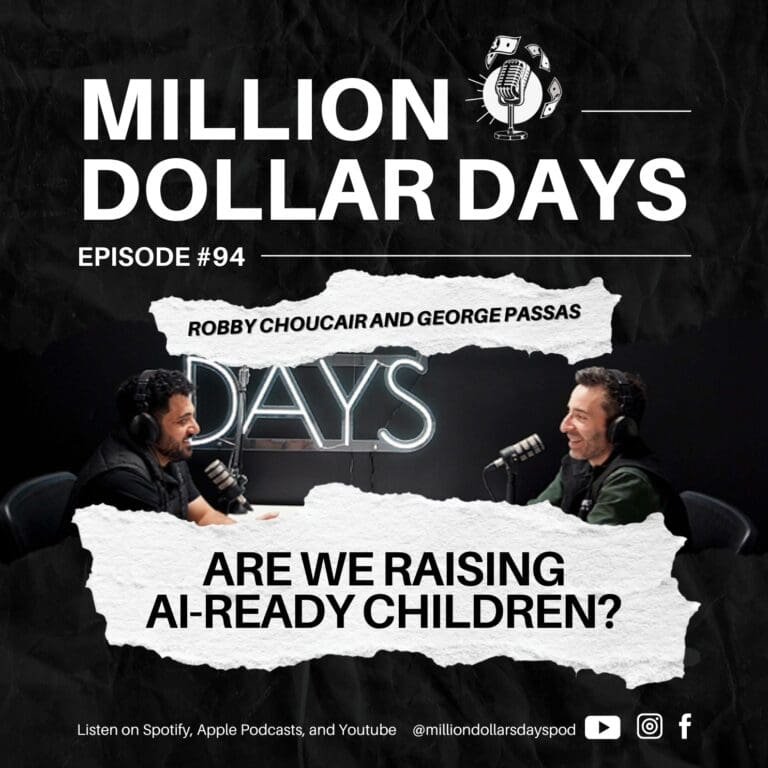The landscape of content creation has fundamentally transformed over the past decade, with platforms like YouTube enabling individuals to build lucrative careers around their passions and interests. In our recent podcast conversation, we explored how content creators like “Beard Meets Food” (who travels the world completing food challenges) and “Outdoor Boys” (who documents wilderness survival in extreme conditions) have cultivated substantial followings and income streams simply by documenting activities they enjoy.
This phenomenon raises an interesting question for all of us: what activities or interests in our own lives might be worth documenting? The beauty of modern content creation lies in its accessibility – nearly anyone with a smartphone can begin documenting their journey, whether it’s in construction, automotive restoration, outdoor adventures, or any other niche. The barrier to entry has never been lower, yet the potential rewards have never been higher.
However, we also acknowledged that content creation requires consistency and discipline. Many people start with enthusiasm but abandon their efforts when faced with the reality of regular production schedules. The most successful creators aren’t necessarily those with the most polished production values, but rather those who maintain consistency and authenticity in their content. They genuinely enjoy what they’re documenting, and that enthusiasm resonates with viewers.
The conversation shifted to exploring the rapidly evolving landscape of artificial intelligence tools and their integration into our daily lives. We discussed our experiences with various AI systems, including Claude (developed by Anthropic) and ChatGPT, noting that Claude seems to outperform ChatGPT in many respects. This technological evolution is happening at breakneck speed, with experts projecting AI capabilities to be sixteen times more advanced in just two years from now.
Perhaps the most thought-provoking portion of our discussion centered around the role of AI in parenting and child development. We shared anecdotes about parents using AI systems to help with parenting decisions and even allowing their children to interact directly with these tools. This raises profound questions about the appropriate age for introducing children to AI systems and whether restricting access might ultimately disadvantage them in a future where AI literacy becomes as fundamental as digital literacy is today.
The comparison to historical technological transitions is illuminating. Just as riding horses gave way to automobiles, and manual calculation gave way to calculators, we may be witnessing a transition where traditional problem-solving approaches are supplemented or even replaced by AI-assisted thinking. The question becomes not whether to embrace these tools, but how to do so thoughtfully while maintaining our ability to think independently.
We concluded by reflecting on the importance of mental discipline and self-awareness in navigating this AI-enhanced future. The ability to challenge oneself, push through discomfort (whether in an ice bath or tackling a difficult problem), and maintain clear boundaries with technology will likely become increasingly valuable skills. As we prepare to hit our 100th podcast episode, these themes of adaptation, growth, and embracing change while staying grounded continue to resonate throughout our conversations.
